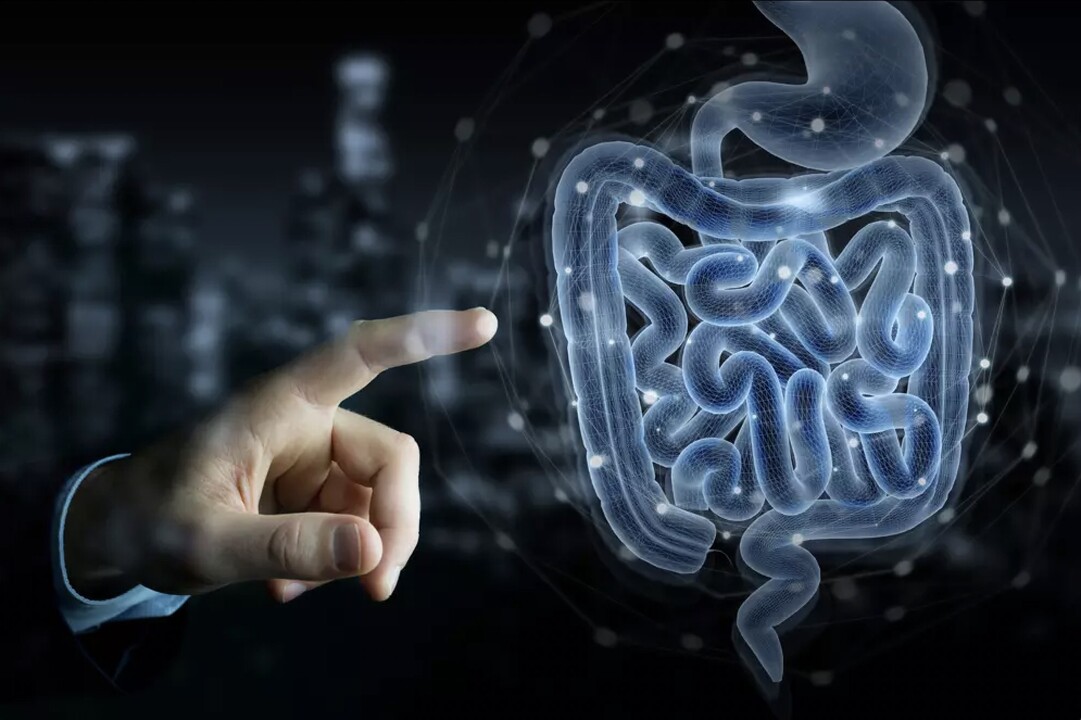Author: Mark Akinware

In a groundbreaking study, researchers from Stanford and the University of Pennsylvania have unveiled a surprising source for the next generation of antibiotics – our own gut. While the world grapples with the increasing threat of antibiotic-resistant superbugs, this discovery opens new avenues in the fight against these dangerous pathogens.
The study, published in Cell, focuses on a peptide called prevotellin-2, found in the human gut. This peptide has shown promising antimicrobial properties, comparable to the powerful drug polymyxin B, but with a crucial difference—it spares the beneficial bacteria in our microbiome.
As antibiotics continue to lose their effectiveness against resistant bacteria, this discovery could be a game-changer. The researchers’ approach combined computational techniques with traditional lab work to identify potential antibiotic candidates from over 400,000 proteins. Prevotellin-2 emerged as a standout, with the potential to combat infections without disrupting the balance of good bacteria in the body.
This study is more than just a scientific achievement—it’s a glimpse into a future where antibiotics derived from our microbiome could save millions of lives. However, the road to clinical use is long, and economic incentives for developing new antibiotics remain a significant hurdle.
In a world where antimicrobial resistance poses one of the greatest public health threats, discoveries like these offer hope. The gut, often seen as just a part of our digestive system, might hold the key to defeating the superbugs that threaten global health.
Stay tuned to Innovation Corner as we continue to share and explore cutting-edge research that has the potential to transform healthcare.
